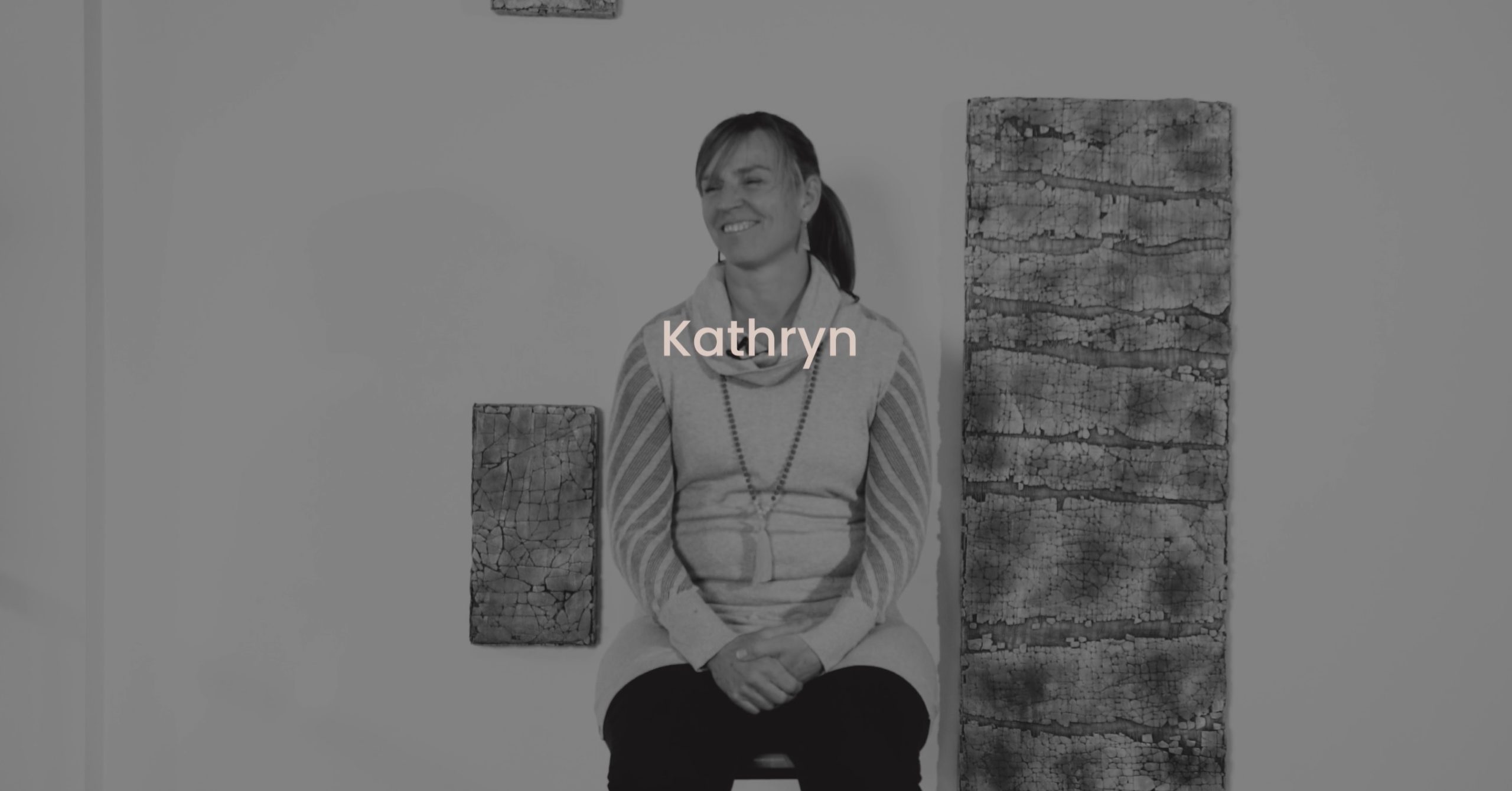Genetics sometimes feels like a card game played to decide key points of who we are, long before we ever have our say. Sometimes, it feels like a losing hand was played.
Being my mother’s daughter terrified me the morning I woke for surgery alone in Albania. A hysterectomy 10,000 kilometers from home, alone. I took that gamble because I felt surgery couldn’t wait while I was abroad, because a health scare arose with shadows of the rare cancer that killed my mother.
The Scary Odds of Genetics
When I decided to go nomad in 2015, I was 42 years old. I sold everything to chase my dreams, living out of a duffle bag while slow-traveling in affordable countries for a few years. My scare began a year into my travels when I began to bleed daily for five months until my emergency hysterectomy. The drama played out over three nations and six weeks, beginning with emergency doctors in Athens diagnosing a bad case of endometriosis.
Things took a turn with hemorrhaging in Morocco. I then found a doctor in a well-regarded private American-style women’s hospital in Tirana, Albania’s capital, and we met six days after what would’ve been Mom’s 75th birthday.
Usually, uterine fibroids are benign. Hers weren’t. She died at 57. I had a great mother for 25 years. Not long enough to ask a lot of questions that should have been asked, not long enough to get old enough to really understand her as a woman. Not long enough.
Her hysterectomy came with news that she’d have been dead if they had waited longer for surgery.
So, when Dr. Zef told me I had “numerous” fibroids, time was not a luxury I felt I had. Nor did the doc. Not with my genetic history.
Surgery happened less than 72 hours later. It took days to learn the fibroids were benign and my prognosis optimistic.
Part of me still wonders, though.
They left my ovaries inside so menopause wouldn’t come on as abruptly. But did they leave too much of my mother in me? Or just enough?
Questions that Don’t Have Answers
Genetics is a young science. We don’t even know what we don’t know yet, and what we do know evolves constantly as ever more data accrues. Even when science understands specific genes, there’s a magic of alchemy that can’t be predicted or anticipated. One plus one might be two, but genes don’t add up to predictable outcomes, and science can’t foretell our futures.
The sum of a genetic sequence’s parts is unique to each person. Each of us holds more than 20,000 genes — the sequence of which is a hodgepodge of genetic documentation handed down through centuries of ancestors.
All of it blends together in the fantastic human experiment that is you. You are the sole person on this planet with your particular genetic sequence.
Think of it like a rainforest. You can grow palms and orchids in a greenhouse, but you’ll never recreate the complex symbiotic ecosystem that happens when nature calls the shots. So, scientists may understand what some of our genes indicate, but it’s unlikely they’ll ever understand the outcome of blending our tens of thousands of genes into one human.
In science, coincidence is never considered correlation.
Maybe my fibroids are unrelated to my mother’s. Maybe they’re a throwback to some woman whose name time forgot, buried in my family tree. Maybe it’s just dumb luck. Maybe it’s because I love butter.
My logical brain knows Occam’s Razor and odds and all that. There’s no way to know what caused my fibroids, let alone whether it was genetics that put me on that operating table.
That I may never know is the whole problem.
When Looking in the Mirror isn’t the Same
My experience of menopause is like someone turned up my volume on a pre-existing tendency for anxiety and angst. Increased anxiety means sometimes I jump to conclusions on my genetic code will play out.
Sometimes, I look down, I see my mother’s hands becoming my own, the mother who died just nine years older than I am now. I look in the mirror and I see her eyes.
Her sister, my aunt, is 85 and still making trouble, living in wine country. Their mother died at 91.
Whose genes are mine? Whose future most closely resembles mine?
With luck, I take after my aunt and granny. But as things stand with science today, the meaning of my genetic makeup is out of my hands – yours too.
What little science does know about genetics, one thing’s for sure – there are no guarantees. Which of those 20,000 or so genes trump the others? Maybe some blend to cancel each other out. We just don’t know.
All I truly control are the choices I make and the lifestyle I live. As time goes on, I get better at each of those. This is true of many women I know. We’re from a generation that saw our mothers lose themselves in parenting. It’s why we’re all learning about self-care, mental health, and slowing down.
Making good choices means making time for ourselves. Eating a healthy diet, limiting refined sugars and booze. It’s about finding mindfulness somewhere in our lives, in a way that works for us – like meditating or staring at the sea, for me. Choosing well also means communicating with doctors and advocating for ourselves when we’re not being heard.
Living well, defying genetics – they offer no guarantees. But a genetic inclination towards any disease or condition is no guarantee either.
Whatever my mother’s genetics were, she was raised on a farm with extensive dangerous chemicals, worked in fisheries, and even once worked in a munitions factory. Within the last five years of her life, she nearly lost everything she owned and was crippled by stress and fear.
Perhaps genetics don’t even a factor in her untimely demise.
It helps to remember that we really don’t know what we don’t know. Given what I now know about farms, factories, and industrial worksites, I tell myself my mother was a product of her environment, and my hysterectomy had nothing to do with genetics.
Maybe so. My fibroids were benign. I’m still here, working my way through the menopause transition in the best way I know how – searching for clarity through mindfulness, positive coping mechanisms and, ultimately, acceptance of my changing body and state of mind.



